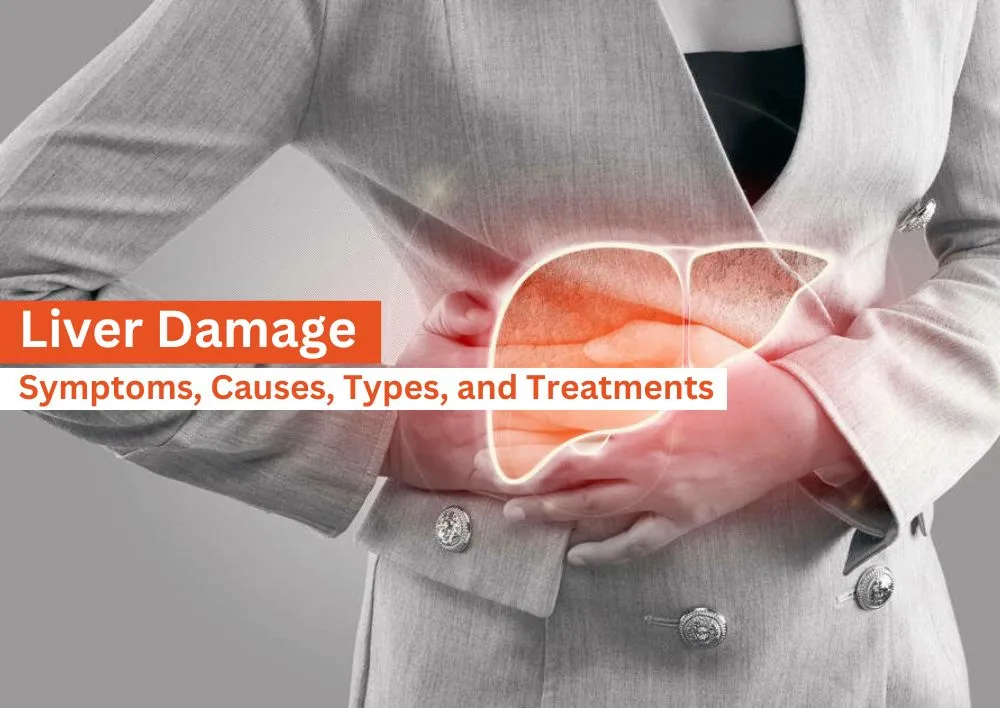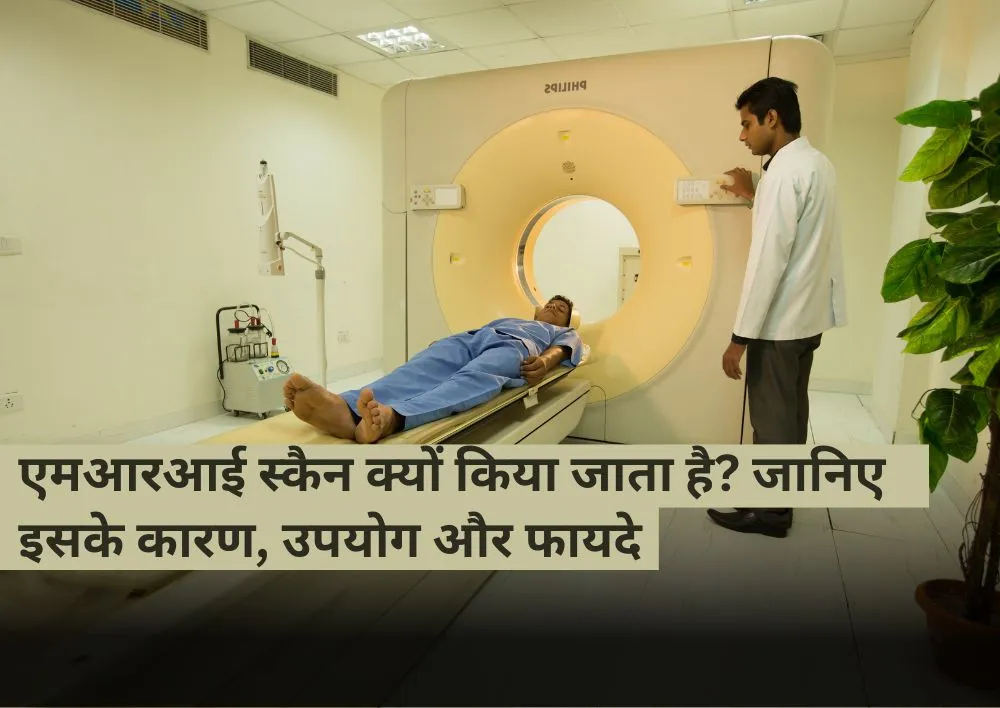6 Steps to Getting Pregnant with Blocked Fallopian Tubes
Blocked fallopian tubes are a common cause of infertility, but they don’t mean the end of your journey to parenthood. With advancements in medical treatments, alternative therapies, and lifestyle changes, many women with blocked fallopian tubes have successfully conceived. Before exploring the 6 steps to getting pregnant with blocked fallopian tubes, let’s understand the role of fallopian tubes in reproduction and the potential causes of blockages.
The Role of Fallopian Tubes in Pregnancy
According to the leading Infertility Specialist in Gurgaon at Miracles Fertility & IVF Clinic, Fallopian tubes are crucial in the natural conception process. These tubes connect the ovaries to the uterus for sperm and egg during fertilization.
Key Functions of Fallopian Tubes:
-
Egg Transport: After ovulation, the fallopian tubes collect the released egg from the ovary and transport it toward the uterus.
-
Fertilization Site: Where the sperm meets the egg in the fallopian tubes and fertilization occurs.
-
Embryo Movement: Once fertilized, the embryo travels through the fallopian tubes to implant in the uterus, starting a pregnancy.
When the tubes are blocked, this pathway is disrupted, preventing sperm from reaching the egg or the fertilized embryo from moving to the uterus.
What Causes Blocked Fallopian Tubes?
Fallopian tube blockages can result from various medical conditions, injuries, or infections. Understanding the underlying cause is necessary for determining the best treatment for blocked fallopian tubes and getting pregnant.
Common Causes of Blocked Fallopian Tubes:
-
Pelvic Inflammatory Disease (PID): Infections in the reproductive organs can lead to scarring and adherence in the tubes.
-
Endometriosis: The growth of endometrial tissue outside the uterus can block or damage the tubes.
-
Previous Surgeries: Abdominal or pelvic surgeries, including those for ectopic pregnancies, can cause scarring and tubal damage.
-
Hydrosalpinx: This condition occurs when fluid accumulates in the fallopian tubes, usually due to infections or inflammation.
-
Fibroids: Uterine fibroids near the fallopian tubes can obstruct their openings.
-
Congenital Abnormalities: Some Females are born with fallopian tube structural abnormalities.
-
Tuberculosis: In regions where tuberculosis is prevalent, genital TB can cause severe damage to the fallopian tubes.
Identifying the cause helps fertility doctors recommend appropriate treatment, which could range from surgical interventions to assisted reproductive techniques.
Steps to Get Pregnant with Blocked Fallopian Tubes
Blocked fallopian tubes can feel like a significant obstacle, but various strategies can help overcome this challenge. Let’s explore the steps:
1. Understand the Diagnosis: The first step is to confirm whether your fallopian tubes are blocked and to understand the extent of the blockage. Some women experience partial blockages, while others have complete blockages. Common diagnostic tests include:
-
Hysterosalpingography (HSG) or Tube Blockage Test: An X-ray procedure using dye to visualize blockages.
-
Sonohysterography: An ultrasound procedure to assess the tubes.
-
Laparoscopy: This surgical procedure provides a direct view of the fallopian tubes.
Understanding your diagnosis helps your fertility specialist recommend the best treatment plan tailored to your needs.
2. Consult a Fertility Specialist: Blocked fallopian tubes require expert intervention. A fertility specialist can evaluate your condition and guide you through possible solutions. During the consultation, the doctor may discuss:
-
Type of blockage: Partial or complete.
-
Cause of blockage: Infections, endometriosis, or scarring.
-
Fertility options: Surgical repair, assisted reproductive techniques, or alternative treatments.
Having a trusted specialist by your side ensures you are on the right path toward achieving pregnancy.
3. Explore Assisted Reproductive Techniques (ART): For women with completely blocked or uncorrectable fallopian tubes, assisted reproductive techniques like In Vitro Fertilization (IVF) provide a highly effective alternative.
Why IVF is a Popular Choice?
It bypasses the fallopian tubes altogether, ensuring the blockage does not restrict conception.
-
The eggs are collected directly from the ovaries and fertilized in a lab setting.
-
The fertilized embryo is implanted directly into the uterus, where it can grow and develop.
Many women with blocked fallopian tubes successfully conceive through In vitro fertilization (IVF). While the process can be physically and emotionally demanding, advancements in technology have significantly increased success rates.
4. Adopt a Healthy Lifestyle: Your overall health plays a significant role in improving your chances of conception. Lifestyle modification can enhance fertility and the success rates of treatments:
-
Diet: Eat a well-balanced diet that is rich in fruits, vegetables, lean proteins, and whole grains. Include fertility-boosting foods like spinach, nuts, and salmon.
-
Exercise: Excess weight can affect not only ovulation but make the hormone imbalanced. So, maintain a healthy weight with mild physical activities.
-
Quit Smoking and Alcohol: Both smoking and alcohol can reduce fertility and affect the success of treatments like IVF.
Adopting a healthy lifestyle not only boosts your fertility but also prepares your body for a healthy pregnancy.
5. Try Natural Remedies for Supporting Fertility: While natural remedies cannot unblock fallopian tubes, they may improve your overall reproductive health. Some popular options include:
-
Castor Oil Packs: Applying externally to the abdomen, castor oil packs reduce inflammation and improve circulation around the fallopian tubes.
-
Herbal Supplements: Certain herbs are known to regulate hormones and support reproductive health. Always consult your fertility specialist before trying any herbal supplements.
-
Yoga and Acupuncture: These therapies help reduce stress, enhance blood circulation, and regulate hormone levels.
6. Stay Positive and Seek Emotional Support: Dealing with infertility can be emotionally taxing so it is important to stay positive and seek support from loved ones or professional counselors. Here are some tips:
-
Join Support Groups: Connect with other women experiencing similar challenges. Sharing stories can be therapeutic.
-
Practice Stress Management: Activities like meditation, journaling, or even pursuing hobbies can reduce stress.
-
Celebrate Small Wins: Whether it's completing a diagnostic test or starting a treatment plan, celebrate every step of progress.
A positive mindset can help you go through the journey more effectively and keep you motivated.
Conclusion: Blocked fallopian tubes may complicate conception, but they are not an insurmountable challenge. By understanding the role of fallopian tubes, identifying the causes of blockages, and exploring available treatments. From surgical repairs to assisted reproductive techniques like IVF, a variety of options exist to help women with blocked fallopian tubes conceive. Pair these medical solutions with lifestyle changes and emotional support to maximize your chances. Take the first step today by consulting the best fertility specialist near you at Miracles Healthcare and exploring your options. With determination and the right care, your dream of parenthood can become a reality.


.webp)

_in_Pregnancy.webp)









Was the information useful?
0 0